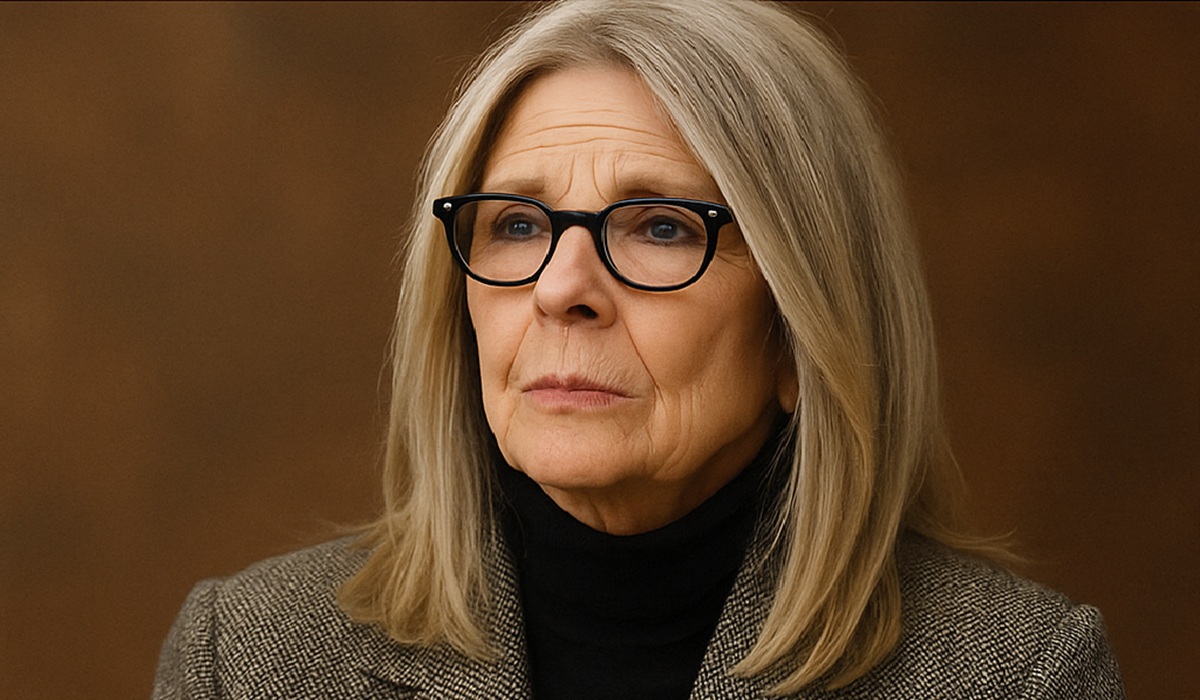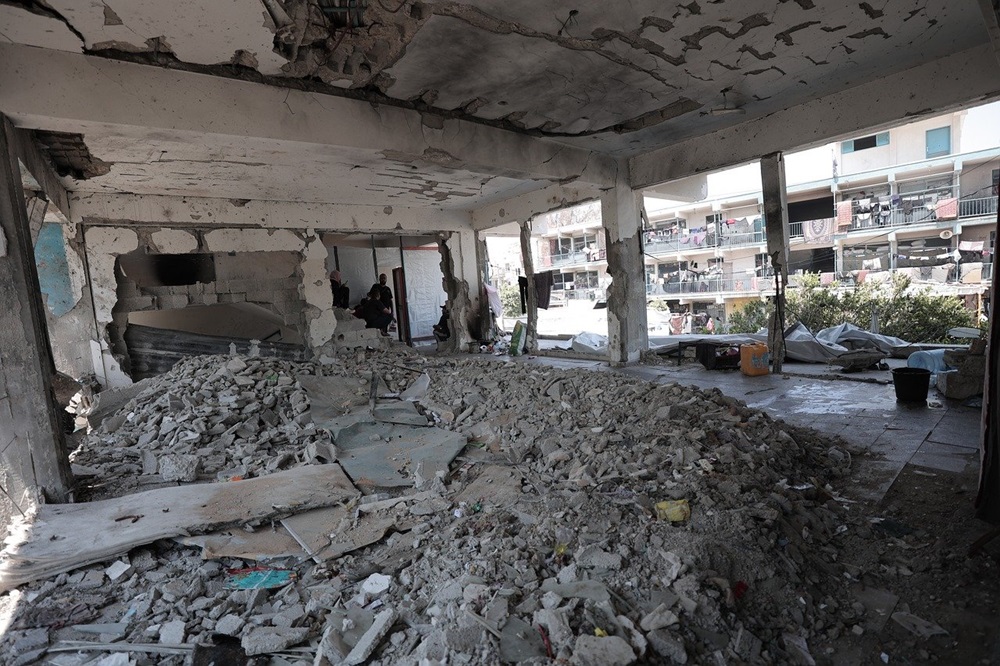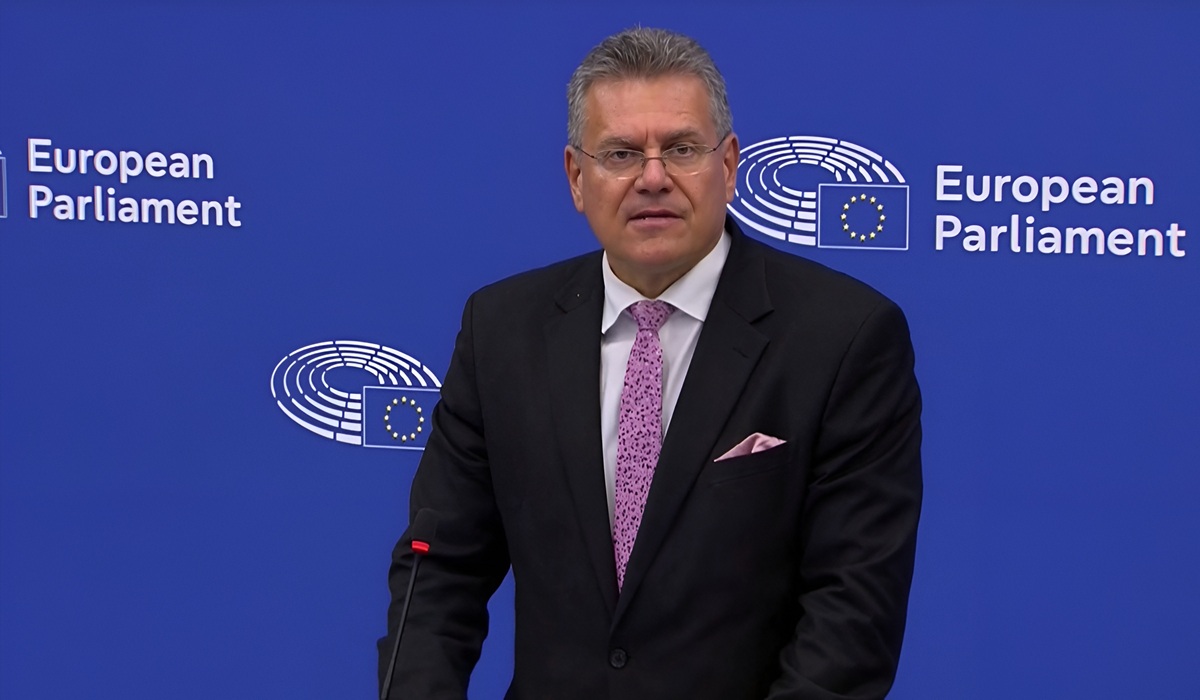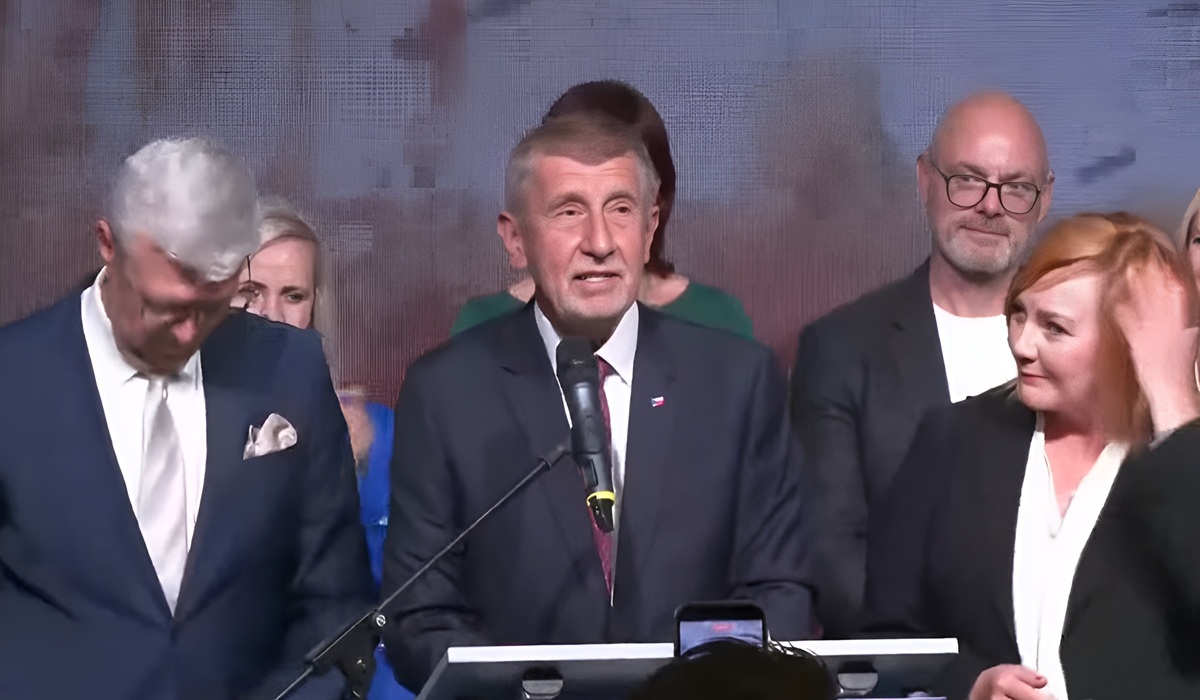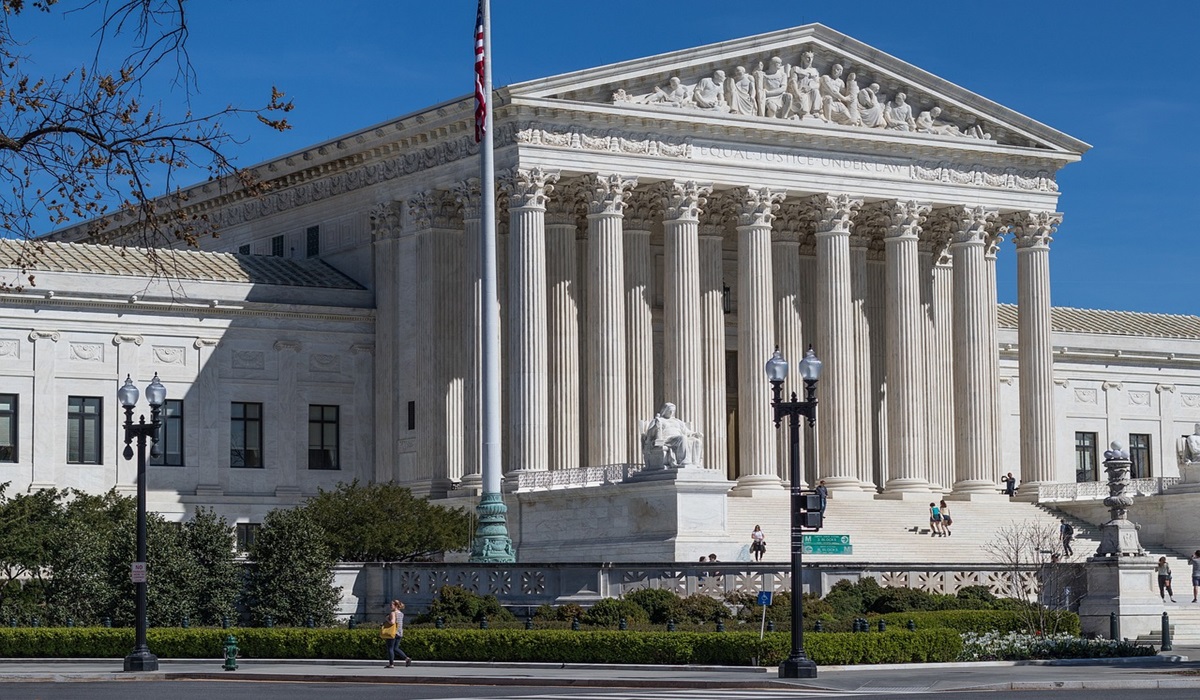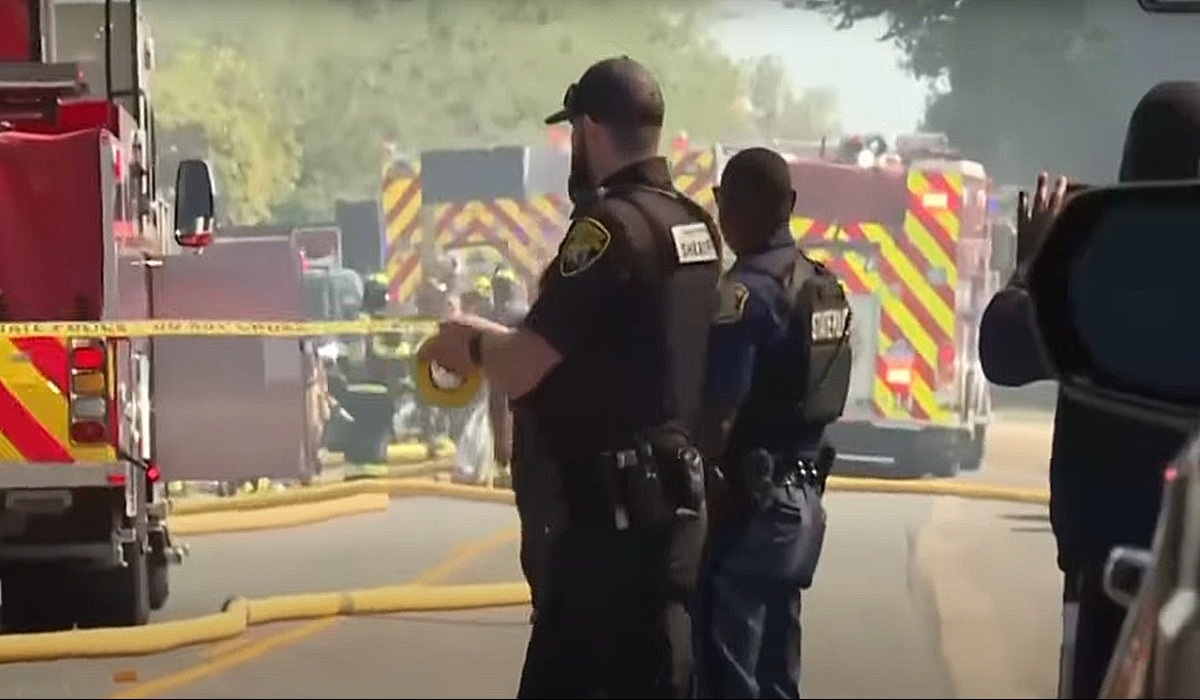Winnipeg’s Homelessness Crisis Exposes Decades of Missteps and Missed Opportunities
- TDS News
- Breaking News
- August 28, 2025
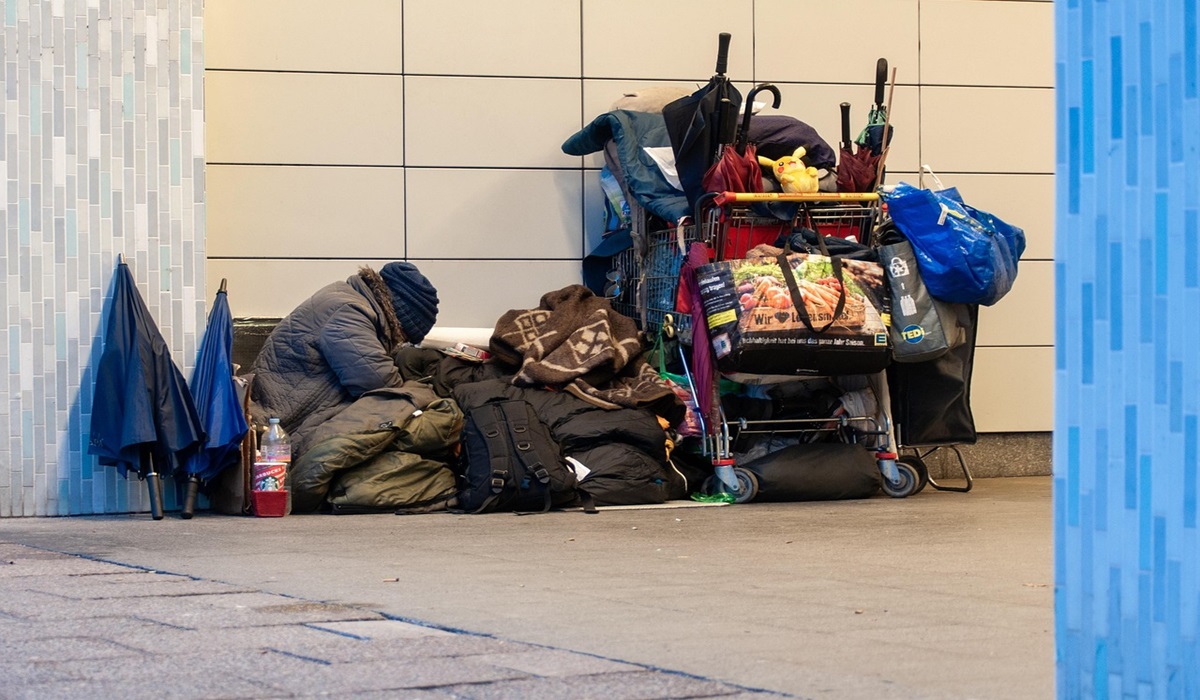
Image Credit:
WINNIPEG, MB — August 28, 2025 — Winnipeg is once again confronting a homelessness crisis of staggering proportions, and the latest numbers confirm what many already know: the problem is not only growing, it is being managed with the wrong approach.
According to Street Census 2024, released this week by End Homelessness Winnipeg, 2,469 people are currently without housing in the city. This represents the highest count since records began in 2015. Even more troubling, nearly 80 percent of those experiencing homelessness identify as Indigenous — a statistic that underscores how deeply systemic inequities continue to shape the city.
Grand Chief Jerry Daniels of the Southern Chiefs’ Organization (SCO) described the situation as nothing less than a humanitarian emergency. “This crisis is deeply known within our First Nations,” Daniels said in a statement. “But the scale and visibility of this homelessness is unacceptable. The systemic failures that have pushed our citizens onto the streets of their own homeland must be acknowledged and dismantled.”
This isn’t the first time Winnipeg has stared down homelessness with the promise of big solutions. Years ago, former Member of Parliament Robert-Falcon Ouellette asked what it would take to end homelessness in the city. The answer, at the time, was $100 million. That money was provided. Back then, the city counted roughly 1,500 people living without stable shelter, along with thousands more in “hidden homelessness” — couch surfing or cycling through precarious arrangements.
So the question remains: with millions already spent and fewer than 2,500 people directly affected, why has Winnipeg failed to solve what should be a solvable crisis?
The answer lies partly in fragmentation. Too many organizations, often chasing the same funding streams, have developed overlapping programs with little coordination or collaboration. Resources that could have been concentrated into a direct, citywide plan became diluted across agencies, pilot projects, and bureaucratic administration.
Critics argue the problem has also been treated as a patchwork municipal or provincial issue rather than a national one. If the federal government were to step in decisively — building housing immediately for all those unhoused, opening treatment facilities without long waiting lists, and funding shelters capable of handling urgent demand — the crisis could look very different.
Instead, the approach has often been incremental: emergency shelters, short-term pilot projects, and reactive measures rather than a unified housing-first policy.
“It shouldn’t be this complicated,” one community advocate told The Daily Scrum News. “We know how many people are homeless. We know what it costs. We even had the funding once. What we don’t have is the political will to say, ‘This ends now.’”
The SCO is emphasizing that any real solution must put Indigenous voices at the center. Nearly four out of five unhoused people in Winnipeg are Indigenous, a direct consequence of decades of colonial policy, housing underfunding, and the generational trauma of the child welfare system.
“Our Nations are prepared to lead,” Daniels said. “What we need is investment in First Nations-led housing, healing, mental health supports, and approaches that respect our Treaty rights and lived realities.”
The SCO stressed that the answer cannot simply be more emergency shelter beds. Instead, it requires a comprehensive path toward sustainable housing, mental health care, substance-use treatment, and culturally grounded opportunities that restore dignity.
Every delay in addressing the issue comes with human consequences. Winnipeg winters are notoriously unforgiving, and homelessness often becomes a death sentence. Daniels warned that “each day we delay, more lives are placed at risk.”
The math is sobering. If a city like Winnipeg cannot house a few thousand people with $100 million already spent and a network of organizations working on the problem, what confidence should the public have that today’s renewed calls will succeed?
The lesson from the past decade may be clear: homelessness cannot be solved with scattered initiatives or short-term projects. It requires federal-level leadership, Indigenous-led solutions, and the political courage to act swiftly and decisively.
Until that happens, Winnipeg will remain locked in a cycle of reports, funding announcements, and growing numbers — while its most vulnerable citizens remain on the streets of their own homeland.

